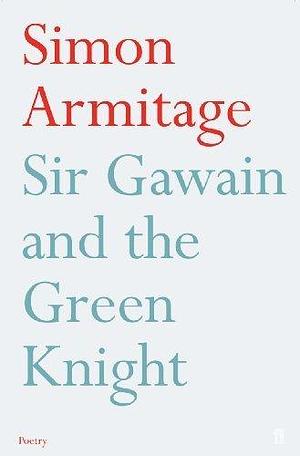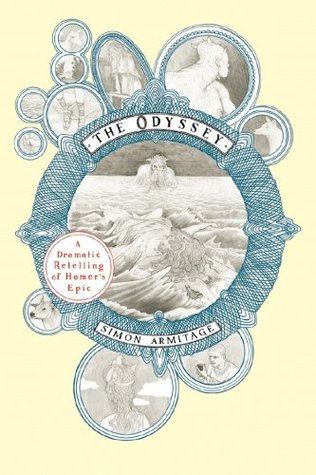
Seeing Stars
by Simon Armitage
Genres: PoetryPages: 74
Rating:

Synopsis:A thrilling new collection from the hugely acclaimed British poet Simon Armitage. With its vivid array of dramatic monologues, allegories, and tall tales, this absurdist, unreal exploration of modern society brings us a chorus of unique and unforgettable voices.
All are welcome at this twilit, visionary carnival: the man whose wife drapes a border-curtain across the middle of the marital home; the black bear with a dark secret; the woman who oversees giant snowballs in the freezer. "My girlfriend won me in a sealed auction but wouldn't / tell me how much she bid," begins one speaker; "I hadn't meant to go grave robbing with Richard Dawkins / but he can be very persuasive," another tells us. The storyteller behind this human tapestry has about him a sly undercover idealism: he shares with many of his characters a stargazing capacity for belief, or for being, at the very least, entirely "genuine in his disbelief." In these startling poems, with their unique cartoon-strip energy and air of misrule, Armitage creates world after world, peculiar and always particular, where the only certainty is the unexpected.
The poems in Simon Armitage’s Seeing Stars are prose-poems, which I’d forgotten; I liked this more than the other collection of his work I read recently, though I can’t say I was a huge fan even so — it’s just that I found this one a bit less insular, I guess? Less rooted to a particular place, and thus more accessible.
There were a couple of pieces that I quite liked, and they’re all pretty inventive and vivid, but I’m not sure it left a huge impression on me, all the same. It’s funny how ambivalent I am about Armitage’s poetry when I love his translation work on Sir Gawain and the Green Knight so much… but there you have it.
I’m still sure that somewhere there was at least one of his poems that I really liked, so the search continues — but only when the library has copies.
Rating: 2/5 (“it was okay”)




